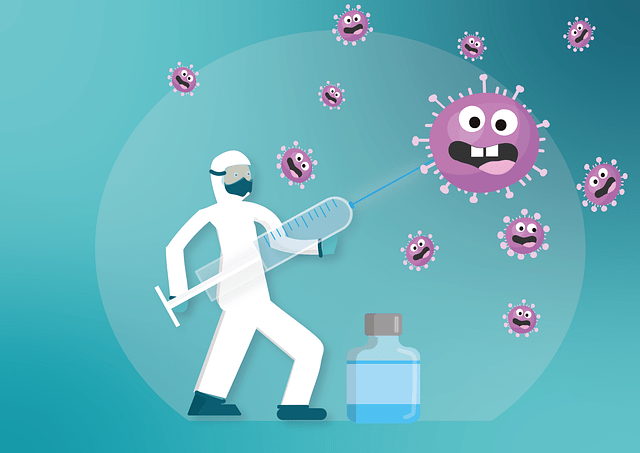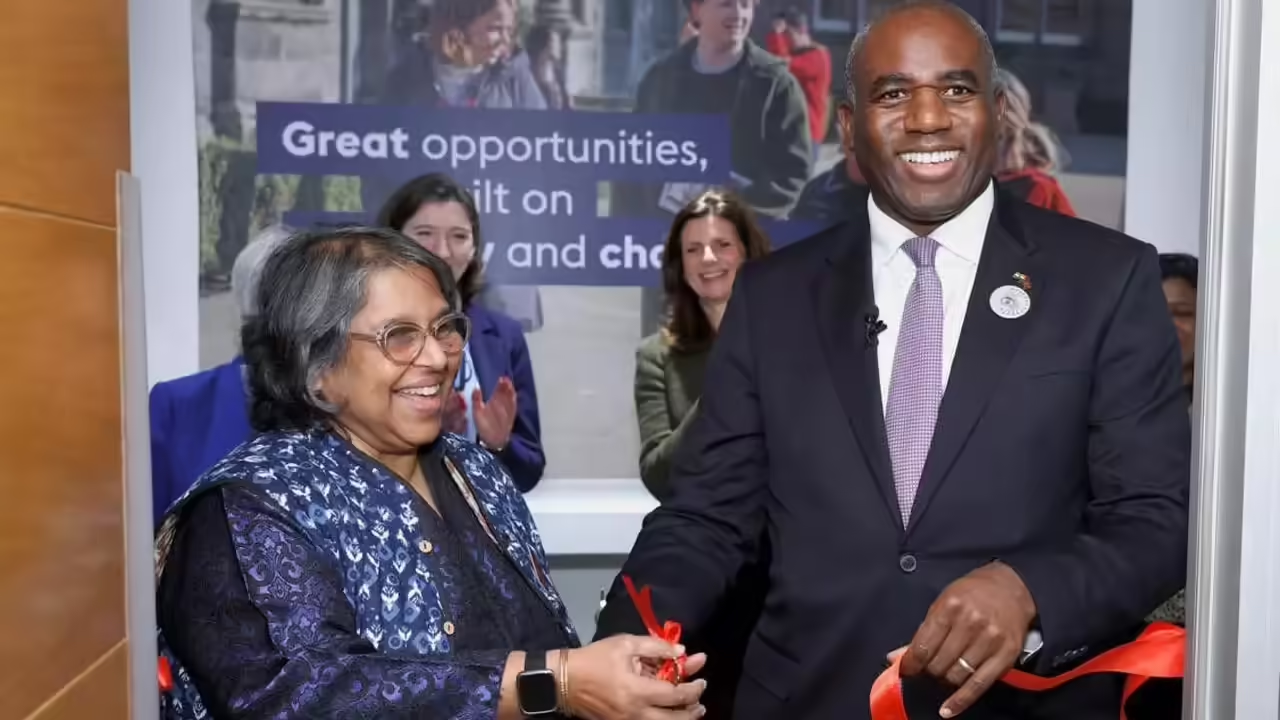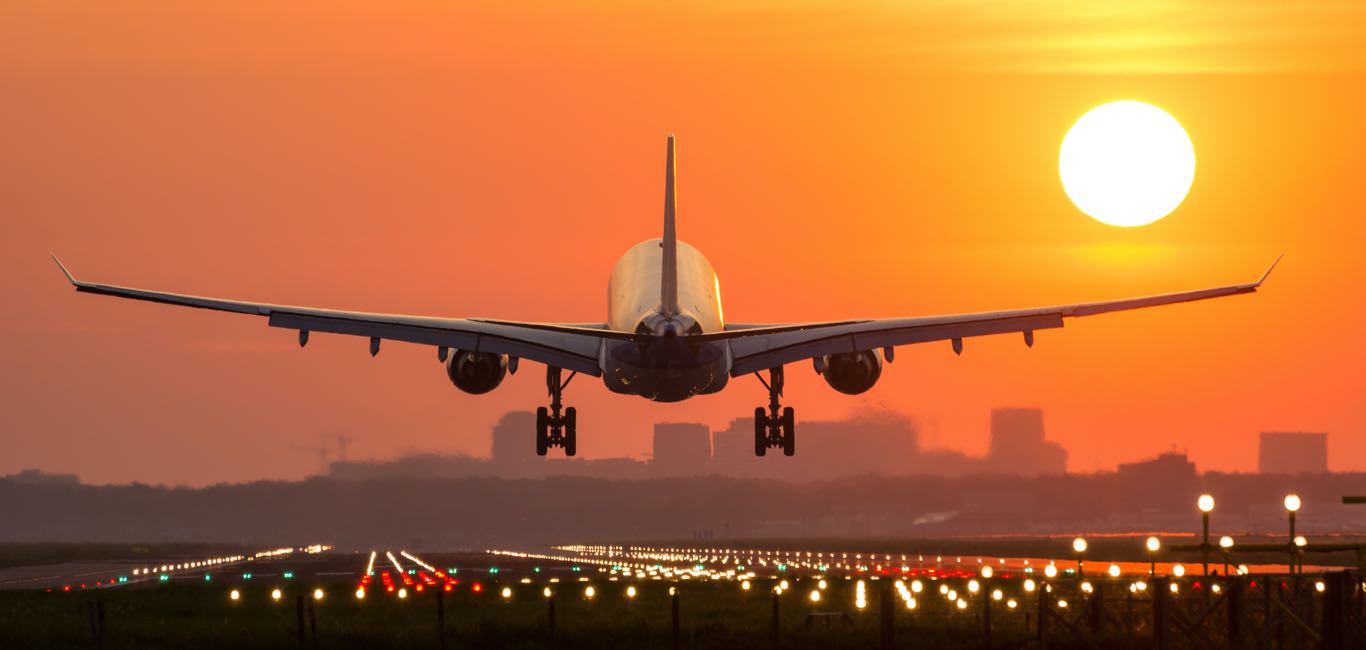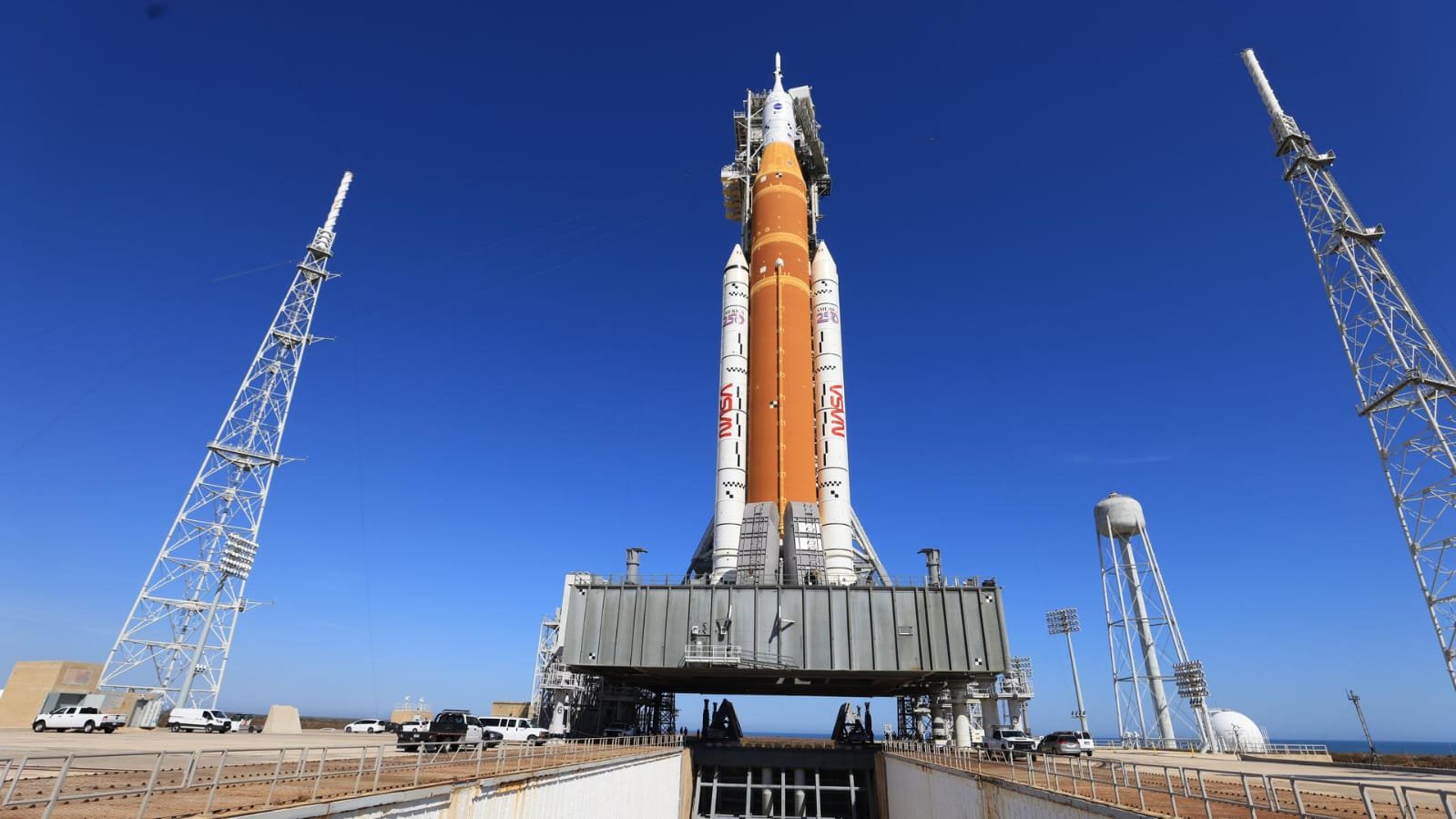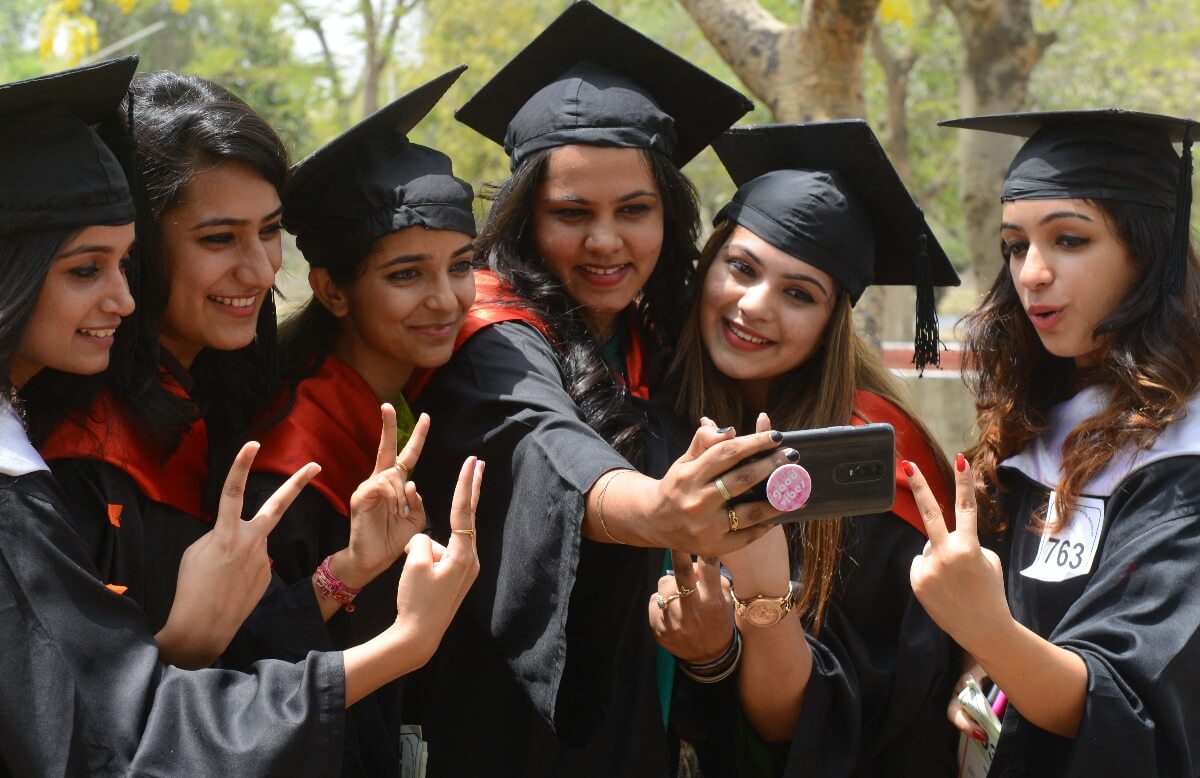PRAVASISAMWAD.COM
The US government is taking all possible measures to help India in this hour of crisis, said a senior State Department official.
The statement was part of the discussion hosted by the Bureau of South and Central Asian Affairs’ Senior Advisor Ervin Massinga and featuring remarks by Vice President Kamala Harris.
Senior Advisor Massinga and USAID’s Deputy Assistant Administrator for Asia, Anjali Kaur, provided an overview of the US government’s relief efforts and a panel of Indian American leaders discussed diaspora-led efforts to address the current emergency and how Americans can contribute to these efforts.
During an event called titled ‘Bolstering US Covid Relief Efforts in India: Perspectives from the Diaspora’ Massinga said: “The entire US government from President Biden to our team at the Embassy and consulates on the ground is doing everything we can to help India.”
“In my 26 years with the Department of State, I have never seen such an outpouring of personal and institutional generosity as we have experienced from the Americans of all backgrounds in the last month. The level of focus and dedication from private sector, civil society and community-based organizations, including contributions from Indian-Americans, has contributed to ensuring much-needed supplies and resources get to those most in need”
– Central Asian Affairs’ Senior Advisor Ervin Massinga
“Let me begin by assuring each of you that the entire US Government – from President Biden to our team at the Embassy and consulates on the ground – is doing everything we can to help India. In the last week, six air shipments of vital assistance have landed in India. These flights included health supplies, including oxygen and oxygen supplies, N95 masks, rapid diagnostic tests, and medicine. US assistance is expected to be about $100 million. We are bringing to bear the strength, innovation, and unique capabilities of the American people to assist those suffering in India. And we recognize that the pandemic will not be over for anyone until it is over for everyone,” he said.
Commenting further on support pouring from the India diaspora and other member of society, Massinga Said, “In my 26 years with the Department of State, I have never seen such an outpouring of personal and institutional generosity as we have experienced from the Americans of all backgrounds in the last month. The level of focus and dedication from private sector, civil society and community-based organizations, including contributions from Indian-Americans, has contributed to ensuring much-needed supplies and resources get to those most in need.”
Senior Advisor Massinga referred to the recent remarks of US President Joe Biden when he told Prime Minister Narendra Modi that his government will do everything possible to help India at this time.
Biden’s discussion with Modi last week marks their fourth conversation in the administration’s first 100 days.
Secretary of State Tony Blinken and other senior Department officials have also been regularly engaged with their Indian counterparts to address the most recent coronavirus wave, Massinga said.
USAID Deputy Assistant Administrator for Asia Anjali Kaur hailed US government’s response to the Indian Covid situation and said, “The whole-of-US government response has been immediate, targeted to India’s evolving needs and informed by nonstop consultations with their Indian counterparts and a multitude of other stakeholders.”
“The US has mobilised its partners in India to immediately expand existing programmes to meet urgent needs….For instance, as hospitals across the country ran out of oxygen and related supplies, within days of receiving a request from the Government of India, the USAID quickly mobilised funding to purchase 1,000 oxygen concentrators. These life-saving units, with a lifespan of more than five years, will provide oxygen to hundreds of primary health care facilities,” she said.
The Government of India’s efforts is being supported by the USAID to set up Pressure Swing Adsorption oxygen generating plants that enable 150 facilities in the healthcare system to generate their own oxygen. This reduces their dependence on oxygen from outside, she added.

